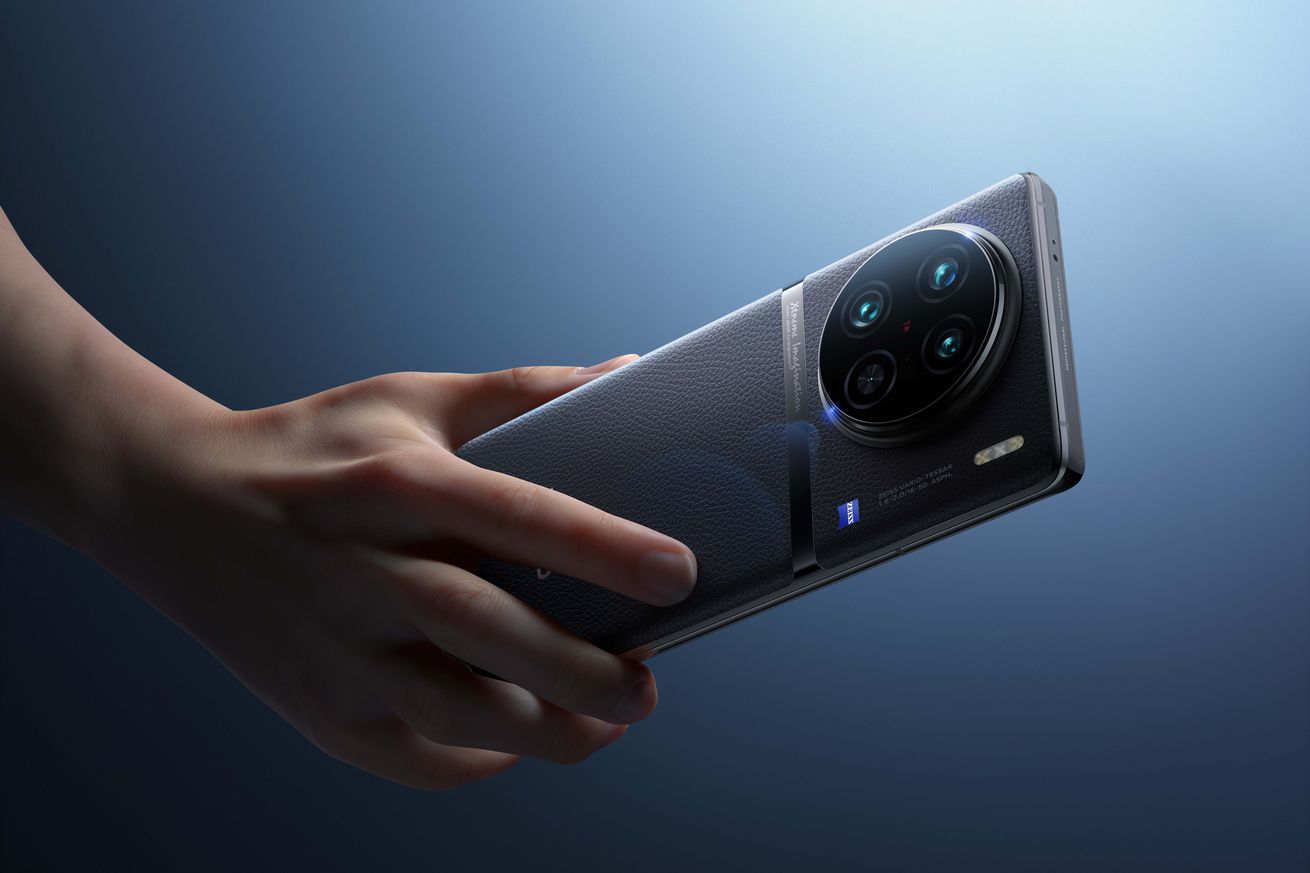
Vivo’s X90 Pro and its massive 1-inch camera sensor get an international launch
Vivo’s X90 Pro, announced for the Chinese market last November, is getting an international release. The X90 Pro is notable for being the latest to use Sony’s 1-inch-type 50-megapixel IMX989 camera sensor, and Vivo is keen to emphasize the low-light photography capabilities such a large (for a smartphone) sensor allows for. It’s joined by the non-Pro X90, which is getting a more limited release outside China.
Vivo is being annoyingly vague about exactly when the phones will actually be available to buy outside China, however. For now, it’s only saying that they’ll be releasing gradually across markets, starting with Malaysia, where the X90 Pro will cost 4,999 MYR (around $1,174 / €1,073) and the X90 will cost MYR 3,699 (around $869 / €794).
The X90 Pro is far from the first smartphone to ship with a 1-inch-type sensor, nor is it the first to use this specific component from Sony. But while we saw Xiaomi announce both the Xiaomi 12S Ultra and Xiaomi 13 Pro using Sony’s IMX989 sensor last year, neither of them have been released internationally (yet). That makes today’s Vivo launch more significant for international buyers.
Unfortunately, like many of Vivo’s previous handsets, neither the X90 nor the X90 Pro are in line for a US launch. The X90 Pro is being released in select European markets — including the UK, France, Germany, Italy, Spain, Poland, Czech Republic, Austria, Romania, Croatia, Slovenia, Greece, and Serbia — as well as India, and several Southeast Asian countries. Meanwhile the X90 is only launching in India and other Asian markets. There’s no sign of an international launch for the X90 Pro Plus, the highest end model announced in China last year.
As is always the case with smartphone photography (and as we saw when we tried out Xiaomi’s 12S Ultra last year) camera hardware is only ever part of the story when it comes to the quality of a smartphone’s photographs. That’s why Vivo is making such a big song and dance about the custom V2 chip used in the X90 range, which, it claims, can reduce visual noise at high ISO settings for better low-light shots and produce more natural-looking HDR images.
There are also some more gimmicky software camera features included for good measure. A Zeiss-branded “Cine-flare Portrait” effect attempts to produce a cinematic lens flare effect in portrait shots, while a “Miniature Effect” seems to create a tilt-shift-style effect, selectively blurring a photo in a way that can make buildings and city streets appear miniaturized.
Alongside its 1-inch-type 50-megapixel main sensor with 23mm focal length, the X90 Pro also has an additional 50-megapixel sensor with a longer 50mm-equivalent focal length for portraits, and a 12-megapixel ultrawide camera. All three are contained within a large circular camera bump on the rear of the phone, the design of which brings Xiaomi’s 12S Ultra to mind.
Internally, the X90 Pro is powered by a MediaTek Dimensity 9200 processor, with 12GB of RAM and 256GB of internal storage. It supports up to 120W wired charging, and 50W wireless charging, with Vivo claiming that the former can fully change its battery in under half an hour. It’s got a 6.78-inch 1260p OLED display, and dual stereo speakers. It’s only available in black internationally, with a vegan leather texture, and has an IP68 rating for dust and water resistance. Vivo was initially unable to offer details on how many years of major Android and security updates the X90 Pro will receive after release, but we’ll update this piece if and when its spokespeople get back to us.

